Talk Overview
In his first lecture, Dustin explains that adaptive immunity allows an individual to specifically recognize and respond to a vast number of molecules. B cells recognize intact antigens and produce neutralizing antibodies. T cells, on the other hand, have receptors on their surface that recognize very small antigen fragments bound to MHC on the surface of antigen presenting cells (APC). Dustin explains that T cells overcome the challenges of finding and binding to the APCs with the help of a multitude of adhesion molecules. Once the T cell receptor has bound a peptide antigen, an immunological synapse, with its typical bulls-eye structure, is formed resulting in T cell activation.
In Part 2, Dustin describes how a reconstituted system has allowed the immunological synapse to be studied in molecular detail. It is possible to visualize the localization of signaling molecules such as kinases, and determine the role of the actin cytoskeleton in regulating this localization. Dustin also touches on the role of the immunological synapse in autoimmune disease and cancer.
In his last lecture, Dustin presents work from his lab showing that T cell receptor enriched vesicles are generated in the immunological synapse. These vesicles can be transferred to B cells leading to activation of the B cells and, potentially, the production of higher specificity antibodies.
Speaker Bio
Michael Dustin
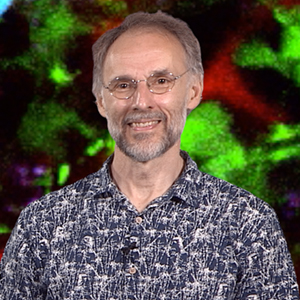
Michael Dustin is Professor of Immunology and Director of Research at The Kennedy Institute of Rheumatology at the University of Oxford. Prior to joining the Kennedy Institute, Dustin was a faculty member at the Skirball Institute of Biomolecular Medicine at New York University from 2001-2013 and at Washington University School of Medicine from 1993-2000. Dustin received… Continue Reading
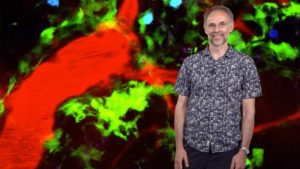
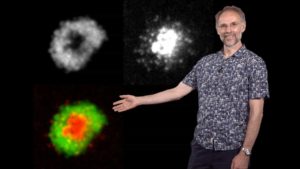
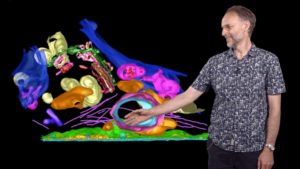
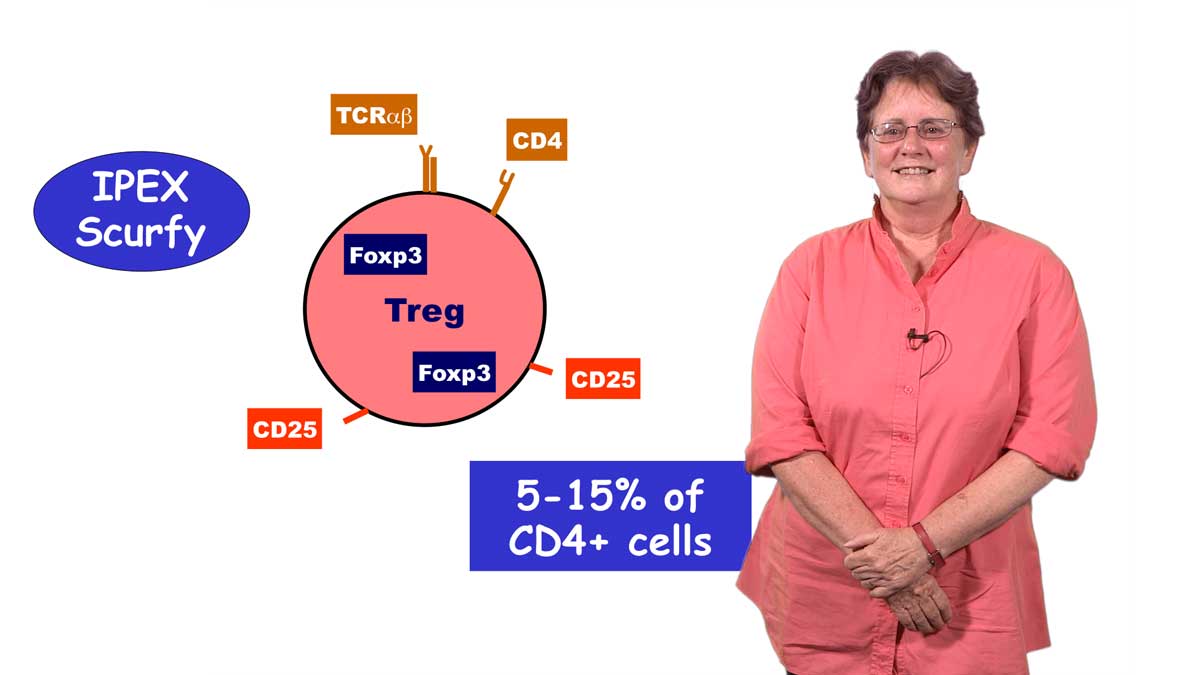

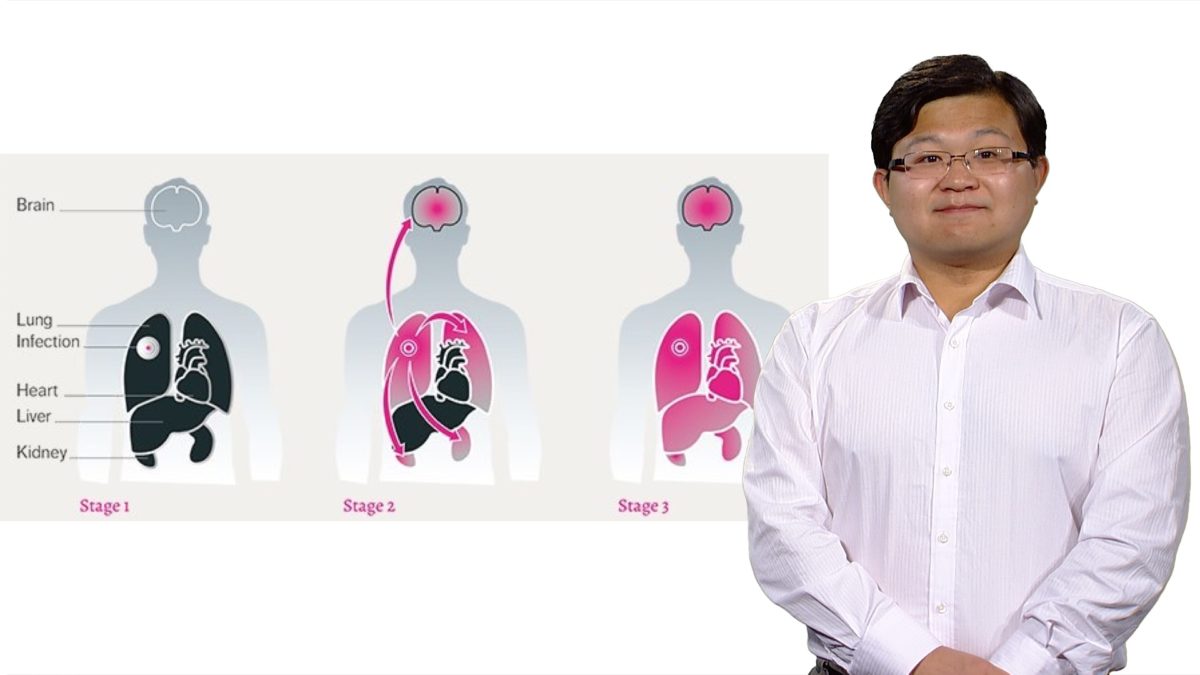
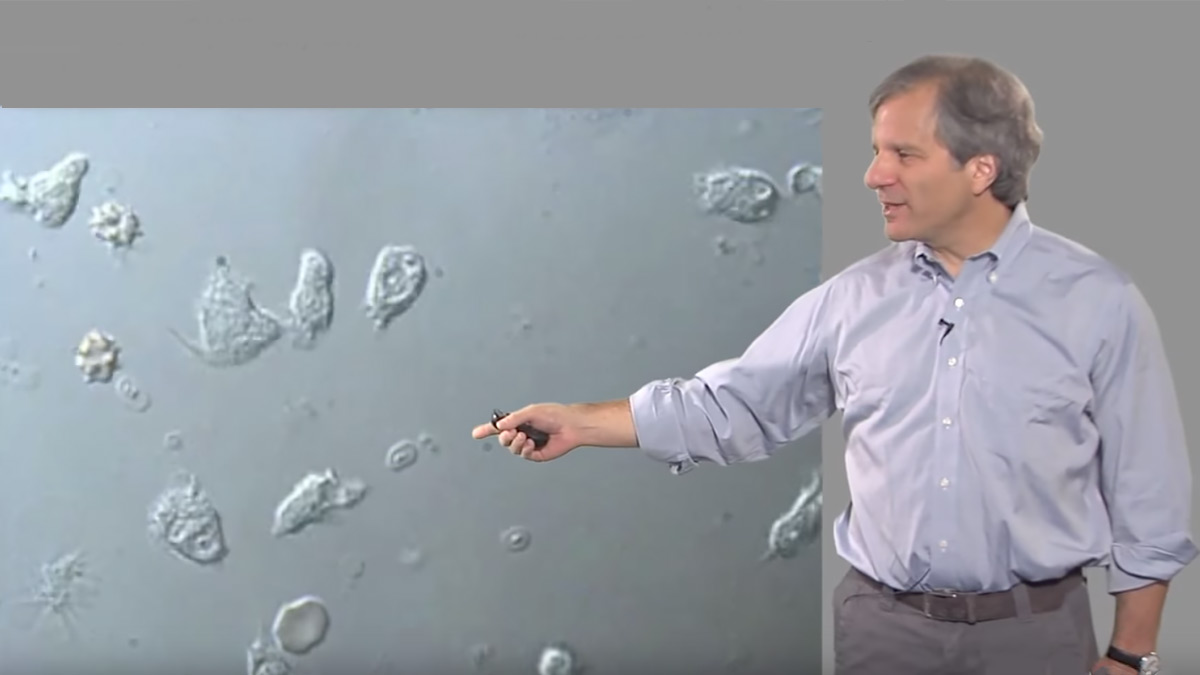





Leave a Reply